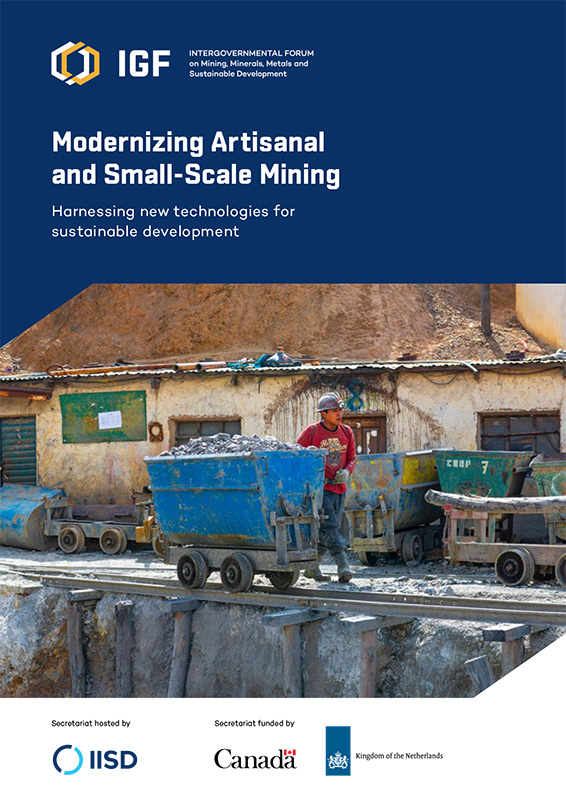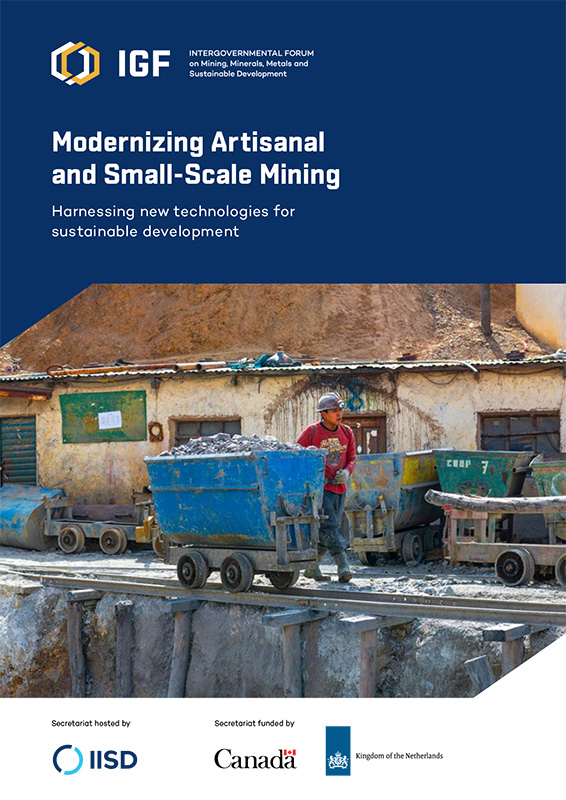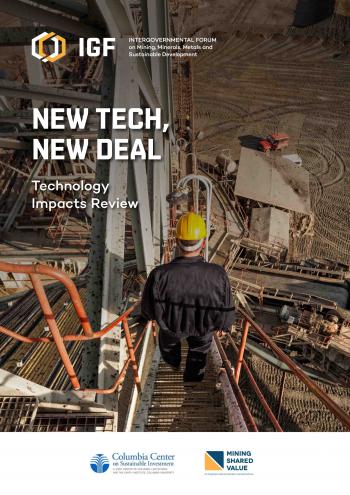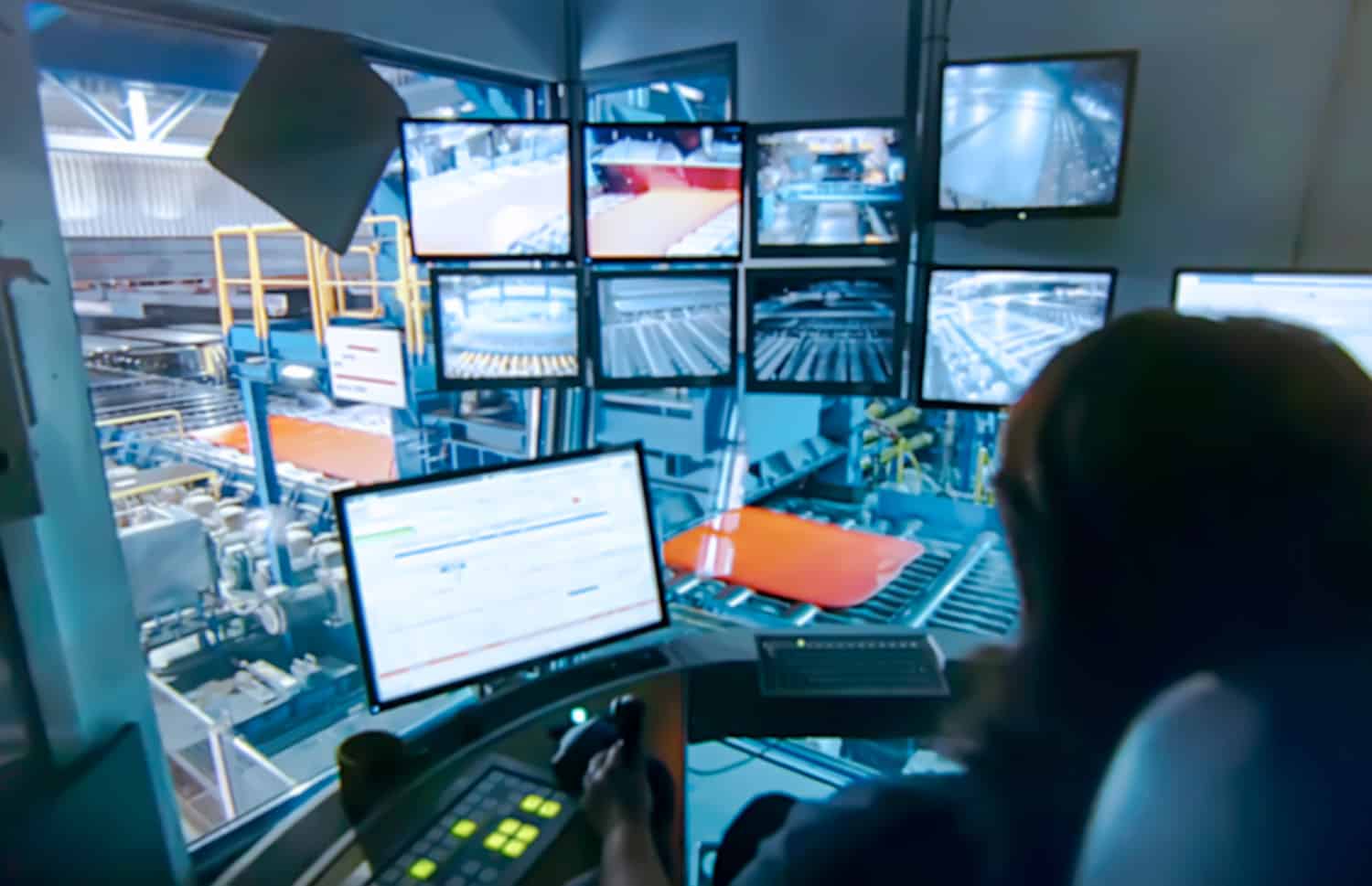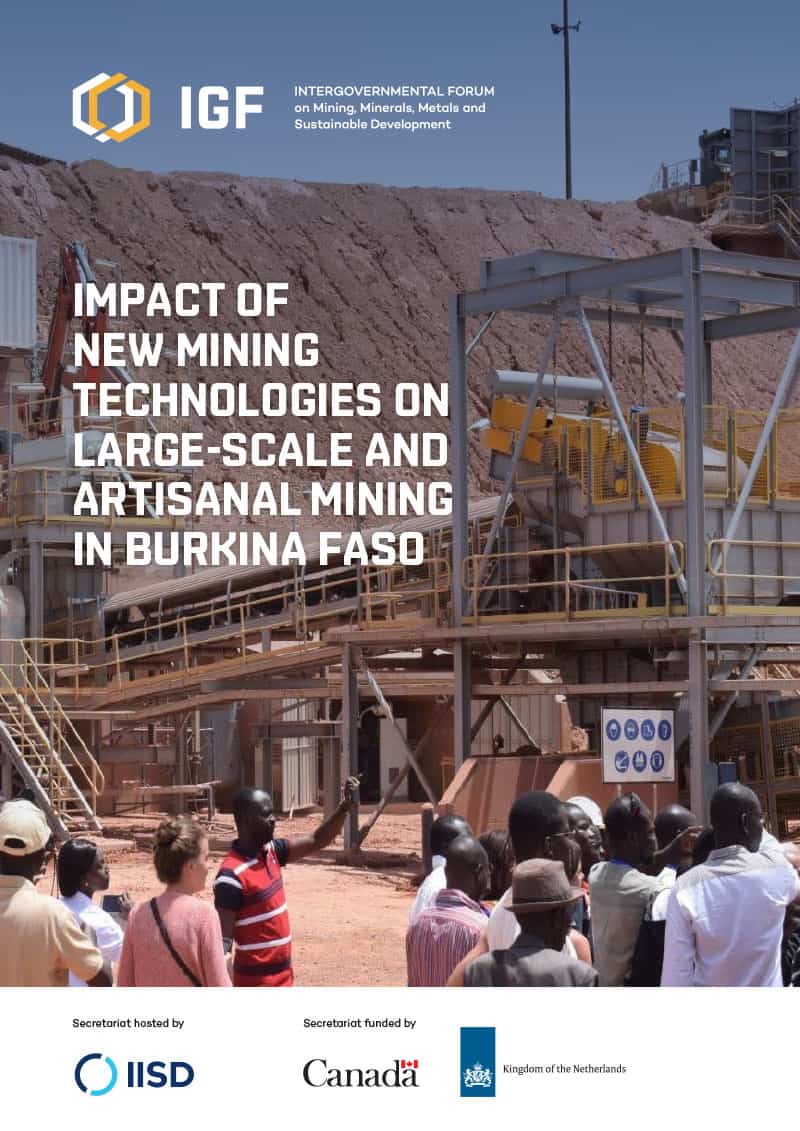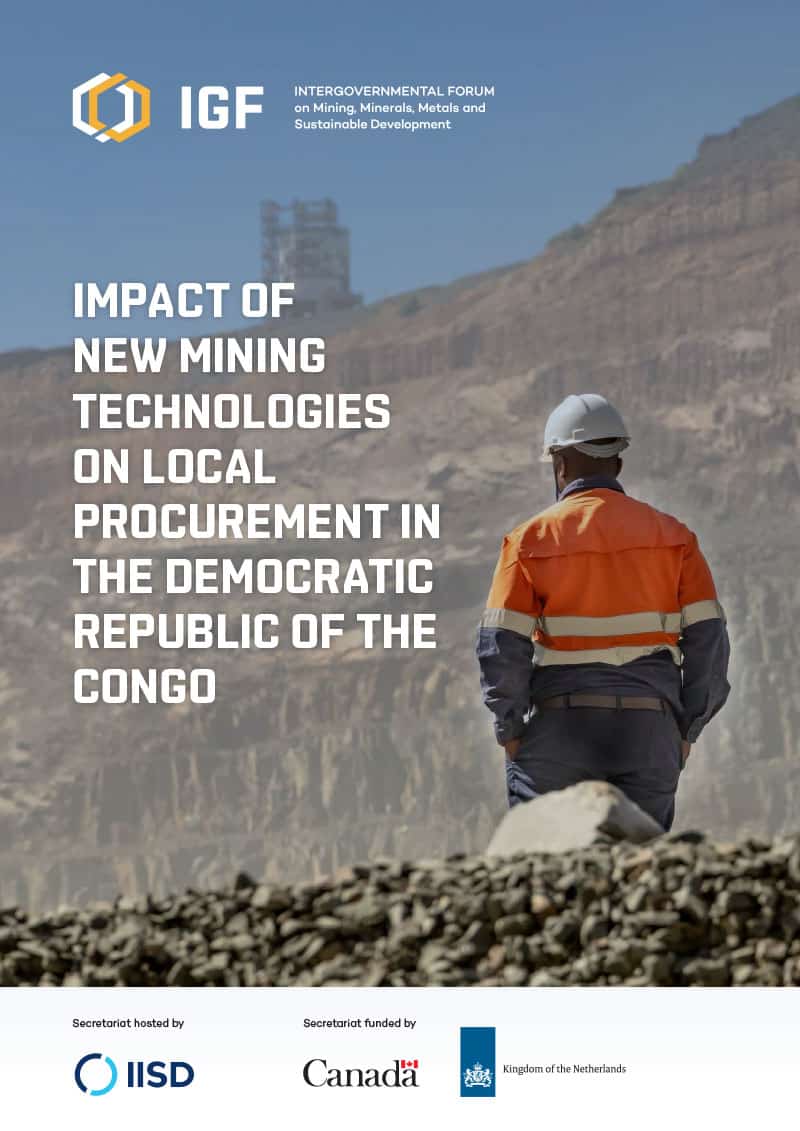New Technologies in Mining as a Catalyst for Social Development
Our Mining Policy Framework informs the Secretariat’s capacity building, technical training, events, and publications designed to help policy-makers address challenges related to technology-driven changes in mining to support:
- Communities acclimating to the sector-wide restructuring as some jobs are lost, fewer low- and semi-skilled jobs are available, and newly created or better-paying high-skill jobs emerge.
- Mining technologies as an opportunity to strengthen community resilience.
- Skills development and education for locals in mining-affected communities to ensure new jobs are accessible.
Fostering Economic Prosperity with New Technologies
New technologies will lead to a shift in employment and could erode the value that mining activities bring to local communities and host countries. If harnessed and supported, it can also be a game changer.
We work with policy-makers to establish tools to rebalance the sector’s benefits, ensuring governments and communities alike reap the rewards of new technologies in mining, including:
- Mitigating the digital gender divide and ensuring women have equal opportunities to obtain the mining labour market’s well-paid and safe jobs.
- Refocusing local procurement strategies toward creating local supply chain opportunities and related indirect employment to bolster economic diversification.
- Managing the risk for tax base erosion and profit shifting while using fiscal measures to support local development purposes.
- The transition to a low-carbon economy and demand for the related critical mineral inputs.



